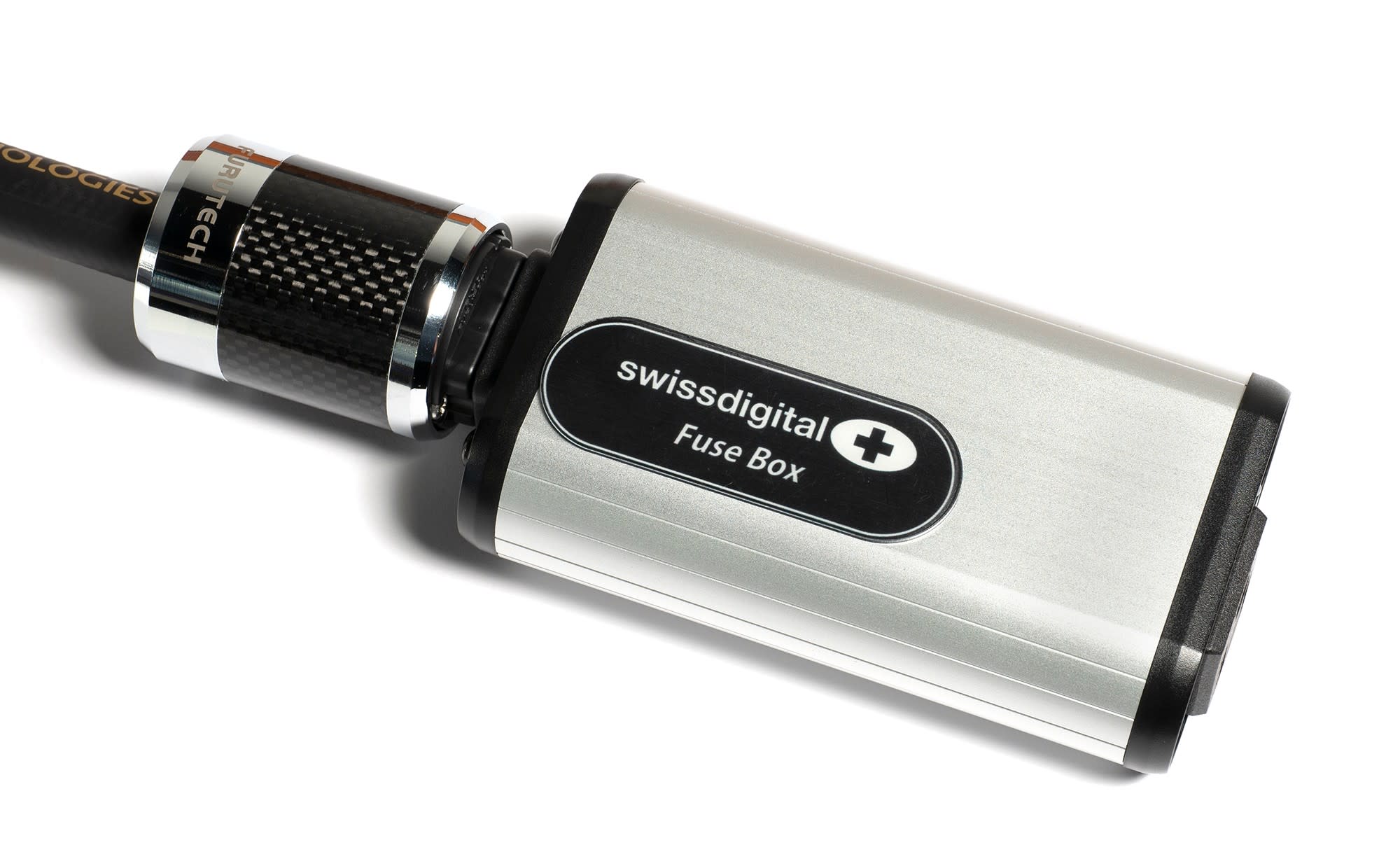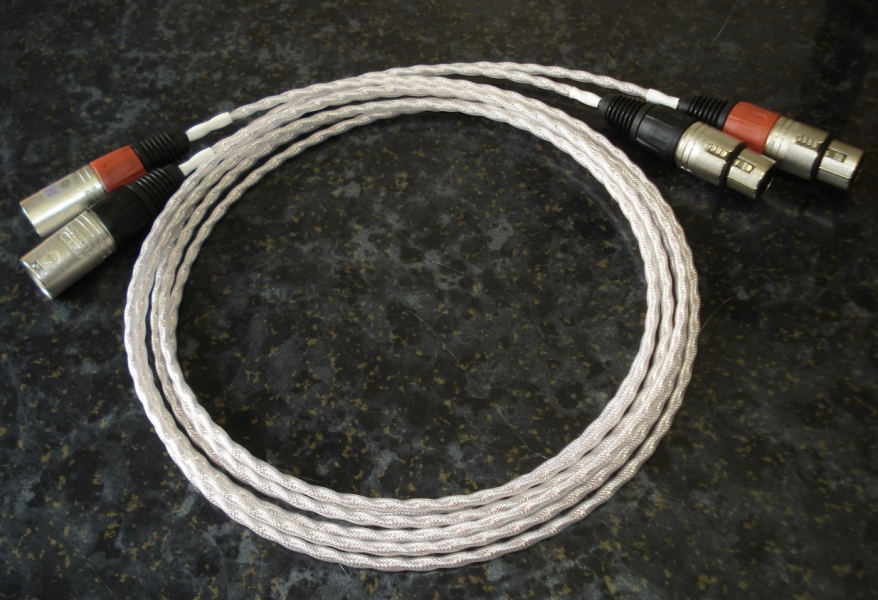@ssfas Reading your post I am sure we will never agree and I'm ok with that. I will take issue with a couple of things you said. First, you base your refutation of the viability of improving on fuse performance on the fact that fuses don't heat up at normal loads. This is true. Neither do resistors, capacitors, or inductors. but they influence sound. A fuse has to have a significant resistive load of it wouldn't heat up at specified current. We buy power cables the size of your wrist and then strain the electrons through a filiment the size of a human hair. Nope.
Second, I don't believe you understood mark correctly. He did not agree that his fuse box is snake oil. Not sure what you misinterpreted. I've talked to mark and he is very sharing of his technology with me because I am much more technical than the average user. He understands and believes in the technology behind it. I do too. I just would like to see a couple of more improvements. but it is 95% of the way there.
Jerry
I understand that fuses are made from low resistance alloy with a high temperature coefficient so that when heating begins, the wires resistance increases causing a runaway condition where the wire melts rapidly. The wire is produced so that it will carry the rated current without appreciable heating or increase in resistance.
If you look at the table for Littelfuse cartridge fuses, you will see anyting used in a hifi system offers a very low resistance up to rated current. A 13A fuse offers 0.004 ohms resistance at room temperature.
Resistors, capacitors, or inductors are irrelevant. Fuses are relying on the metallurgy to fail. That's why fuses traditionally uses metals with very low melting points. Tin melts at 232c and lead at 327c. Copper in your mains cables melts at 1,085c.
You may buy power cables the size of your wrist, but lots of people like me don't. I use the very popular Puritan Ultimate cables, which are thin and floppy, but extremely well insulated.
As you are a technical person, you will appreciate the basic principle of UK safely fuses (usually 13A), which are found in every plug, and by law every appliance sold in the UK has to be fitted with a UK compliant fused plug, whether sold from China, USA or anywhere else. They are intended to prevent the power cable from overheating. The ISO specification for 13A flex is conductors with minimum cross-section of 1.25mm2. That's about 16AWG.
13A safety fuses are always ceramic with a silica fill. It's partly for safety if they do blow, but the silica is to dissipate heat because they are designed to be slow-blow. Because of the melting point of copper, they are intended to put up with a fairly long overcurrent without blowing.
So there is absolutely nothing wrong with a stock $5 power cord from a safety/heat/resistance perspective. There are international standards for the cable and it's not complicated.
The actual reply Mark sent me is copied below.
I personally did not feel like I was qualified “enough” to answer your very good questions and offer comment on your opinions. I asked for the team to review your post. There are a few Teams involved - We are a small group and there will be times when we will be behind. Apologies for being a bit tardy. We have Dev work going on for LSA, Vera-Fi and Bob Carver Corp all this week. Below please -
Mark:
Your customer makes a fair and intelligent argument, and is correct, at least as viewed from a macro perspective.
When viewed on the micro scale, there are resistance parameters that do change with heat on an instantaneous basis and these changes do matter. It is likely the reason for why any improved fuse sounds different. We know from our own testing that placing a grossly oversized fuse in a product needing only a much smaller value results in an audible improvement. The larger the replacement fuse, the better, all the way up to what you call “sluggo”, which is universally best.
To what would you attribute these differences? To us it is the result of micro-heating limiting the power supply’s access to transient current. There could also be the possibility that fuse element vibration is at play as well, but resistance is the only measurable phenomenon we can point to. That, however, does not mean it is the only difference.
Such is the nature of measurements and hifi.
I did not say this product is snake oil. What they say is they actually don't know how any improvement arises, but it's not the heating/resistance claimed on their website.
I have zero idea what micro-heating is. It seems irrelevant anyway because 13A is massively overrated for most audio appliances. My amplifier draws a maximum of 350w, about 1.5A, so the 13A fuse is never going to limit the current.
A specification for UK 13A fuses is that it must blow after a 1.9x 30 minute overcurrent, ie. it will sustain 24.7A for up to 30 minutes.
A 13A fuse will even sustain a 100A draw for 0.3 seconds, so I think you can forget the micro theory.
https://www.pat-testing-training.net/articles/fuse-operation-characteristics.php
So these things may work, but it is unclear how or why.



